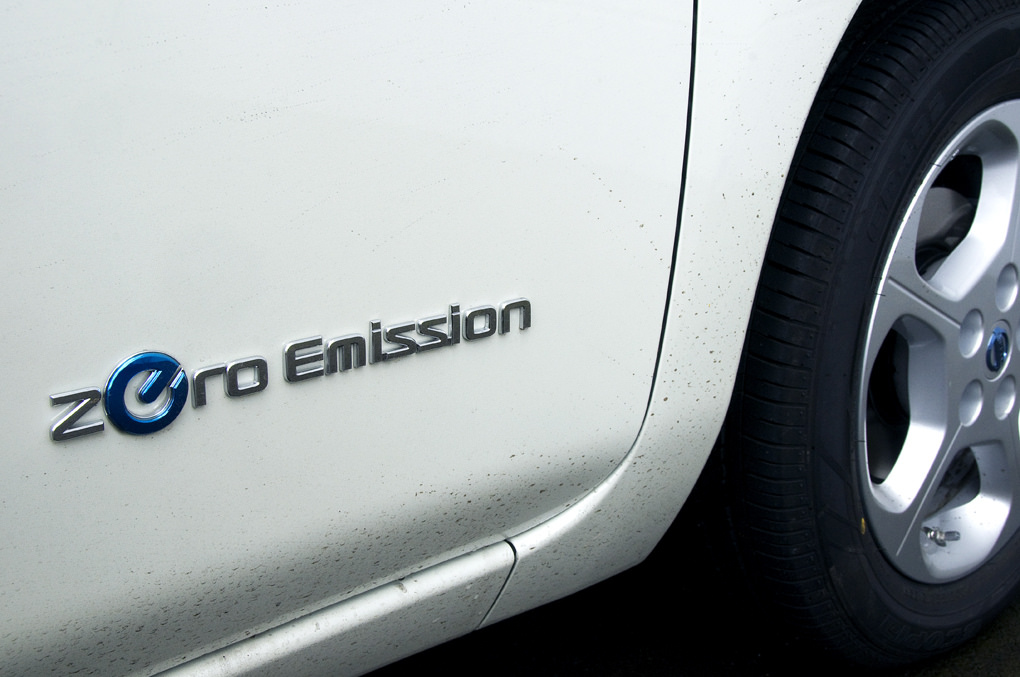According to the plan published today by the Ministry of Transport of Great Britain called Road to Zero, the authorities set themselves the task of mass introduction of electric technologies on motor vehicles in the next 10-20 years.
"Our goal is to put the UK at the forefront of developing and manufacturing zero-emission vehicles so that by 2040 all new cars and vans do not emit any gases," the document says.
To this end, the British authorities are planning by 2040 to stop selling all conventional gasoline and diesel cars in the country. It is expected that by this time "most new cars sold in the country will be 100% without emissions, and in all new cars and vans there will be the potential for a significant reduction in emissions." Based on this, the authorities believe that by 2050 almost every car in the UK will be emissions-free. There is a phased plan to achieve this goal: by 2030 it is planned that 50-70% of new machines sold and up to 40% of new vans will have ultra-low emissions. In 2025, the authorities intend to sum up the first results and, if necessary, make adjustments.
Significant investments will be made in the development of the electric transport infrastructure. An investment fund of £ 400 million is being created to develop the charging infrastructure. Its main goal is to provide the road network and houses with charging devices for electric and hybrid vehicles. The main goal is the high availability and prevalence of charging stations and stations throughout the country, including retailers. It is also planned to equip all new houses with charging stations, if there is such a technical capability.
"The government cannot achieve these ambitious goals alone," said Transport Minister Chris Grayling. "The essence of our strategy is the joint work of the central government, industry, business, scientists, environmentalists, local authorities and consumers."
source: bbc.co.uk
"Our goal is to put the UK at the forefront of developing and manufacturing zero-emission vehicles so that by 2040 all new cars and vans do not emit any gases," the document says.
To this end, the British authorities are planning by 2040 to stop selling all conventional gasoline and diesel cars in the country. It is expected that by this time "most new cars sold in the country will be 100% without emissions, and in all new cars and vans there will be the potential for a significant reduction in emissions." Based on this, the authorities believe that by 2050 almost every car in the UK will be emissions-free. There is a phased plan to achieve this goal: by 2030 it is planned that 50-70% of new machines sold and up to 40% of new vans will have ultra-low emissions. In 2025, the authorities intend to sum up the first results and, if necessary, make adjustments.
Significant investments will be made in the development of the electric transport infrastructure. An investment fund of £ 400 million is being created to develop the charging infrastructure. Its main goal is to provide the road network and houses with charging devices for electric and hybrid vehicles. The main goal is the high availability and prevalence of charging stations and stations throughout the country, including retailers. It is also planned to equip all new houses with charging stations, if there is such a technical capability.
"The government cannot achieve these ambitious goals alone," said Transport Minister Chris Grayling. "The essence of our strategy is the joint work of the central government, industry, business, scientists, environmentalists, local authorities and consumers."
source: bbc.co.uk





